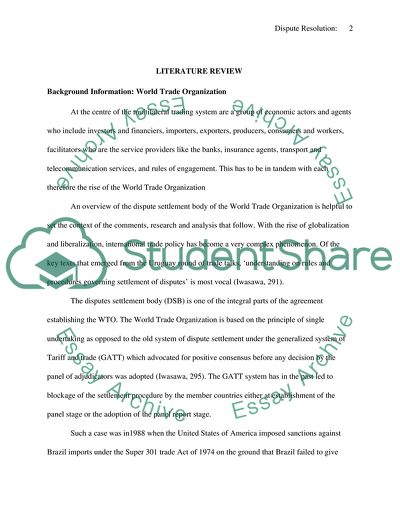Cite this document
(Developing Countries and Dispute Resolutions Research Paper, n.d.)
Developing Countries and Dispute Resolutions Research Paper. https://studentshare.org/macro-microeconomics/1739619-the-role-of-developing-countries-in-relation-to-world-trade-organisations-dispute-settlement-mechanism
Developing Countries and Dispute Resolutions Research Paper. https://studentshare.org/macro-microeconomics/1739619-the-role-of-developing-countries-in-relation-to-world-trade-organisations-dispute-settlement-mechanism
(Developing Countries and Dispute Resolutions Research Paper)
Developing Countries and Dispute Resolutions Research Paper. https://studentshare.org/macro-microeconomics/1739619-the-role-of-developing-countries-in-relation-to-world-trade-organisations-dispute-settlement-mechanism.
Developing Countries and Dispute Resolutions Research Paper. https://studentshare.org/macro-microeconomics/1739619-the-role-of-developing-countries-in-relation-to-world-trade-organisations-dispute-settlement-mechanism.
“Developing Countries and Dispute Resolutions Research Paper”. https://studentshare.org/macro-microeconomics/1739619-the-role-of-developing-countries-in-relation-to-world-trade-organisations-dispute-settlement-mechanism.


